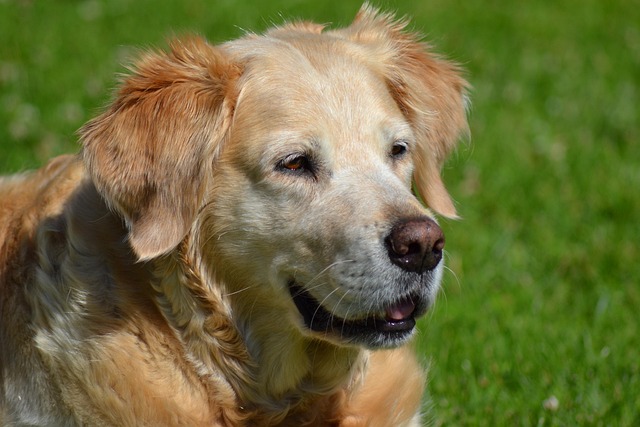
When should I worry about my dog's eyes
That worried feeling when your pup squints in the bright afternoon sun during your neighborhood walk or has a bit of goop in the corner after a nap – is it normal, or time to panic?
Husky puppies are little bundles of energy with a metabolism that burns through calories like a sled racing across snow. Their bodies need specific nutrients to support that nonstop activity, growing muscles, and thick double coats. Look for puppy formulas where animal protein sits at the top of the ingredient list—chicken, salmon, or lamb work well, as these meats deliver the amino acids needed for strong bones and lean muscle development. Avoid brands loaded with fillers like corn or soy; these offer little nutritional value and can upset their sensitive stomachs, a common issue in the breed.
Fat is another key player, but not just any fat. Omega-3 fatty acids from fish oil help keep their coats shiny and reduce shedding, which any husky owner knows is a constant battle. Aim for a food with around 8-12% fat content, balanced with enough fiber to aid digestion—brown rice or sweet potatoes are good sources that align with many European pet food regulations, which often restrict certain additives. Always check labels for approvals from organizations like FEDIAF, as compliance with regional standards ensures the food meets safety thresholds.
Portion control matters more than you might think. Huskies have a tendency to overeat if given the chance, leading to obesity that strains their joints. A 3-month-old puppy typically needs 1.5-2 cups of food daily, split into three meals, while a 6-month-old might move to two meals of 2-3 cups total. Adjust based on activity levels—if your pup is tearing around a backyard in Texas or pulling a sled in Minnesota, they’ll burn more calories than one lounging in a London flat.
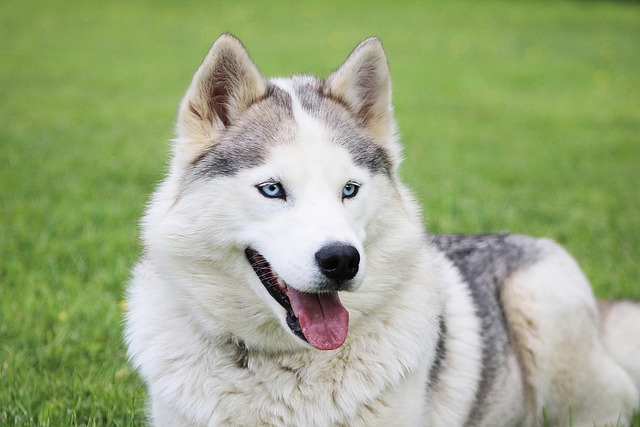 Wet food can be a tasty addition, especially for picky eaters, but mix it with dry kibble to maintain dental health. Some owners swear by raw diets, but be cautious: many U.S. states and EU countries have strict guidelines on raw pet food to prevent bacterial contamination. Always consult a vet before switching, as improper raw feeding can lead to nutrient deficiencies or illness, which could run afoul of local animal welfare laws.
Wet food can be a tasty addition, especially for picky eaters, but mix it with dry kibble to maintain dental health. Some owners swear by raw diets, but be cautious: many U.S. states and EU countries have strict guidelines on raw pet food to prevent bacterial contamination. Always consult a vet before switching, as improper raw feeding can lead to nutrient deficiencies or illness, which could run afoul of local animal welfare laws.
Transitioning to new food should happen gradually over 7-10 days, mixing increasing amounts of the new food with the old to avoid upset tummies. Watch for signs of allergies—itchy skin or diarrhea might mean the protein source isn’t right. And don’t forget fresh water at all times, especially if your husky is on a dry food diet; their thick coats make them prone to overheating, even in cooler climates.
Ultimately, the best food for your husky puppy is one that meets their nutritional needs, fits your lifestyle, and adheres to local regulations. Talk to your vet about breed-specific recommendations, and observe how your puppy thrives—shiny coat, steady energy, and regular digestion are all good signs you’ve made the right choice. After all, a well-fed husky is a happy, healthy companion, ready to explore parks, trails, or city streets with that signature playful spirit.

That worried feeling when your pup squints in the bright afternoon sun during your neighborhood walk or has a bit of goop in the corner after a nap – is it normal, or time to panic?
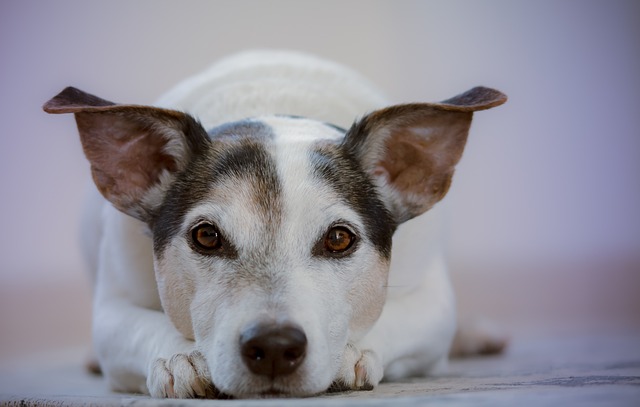
Waking up to the sound of your dog retching is enough to make any new pet parent panic.You rush over to find a small puddle on the living room rug,and suddenly you're hit with that urgent question:should you hold back their food to let their tummy settle?
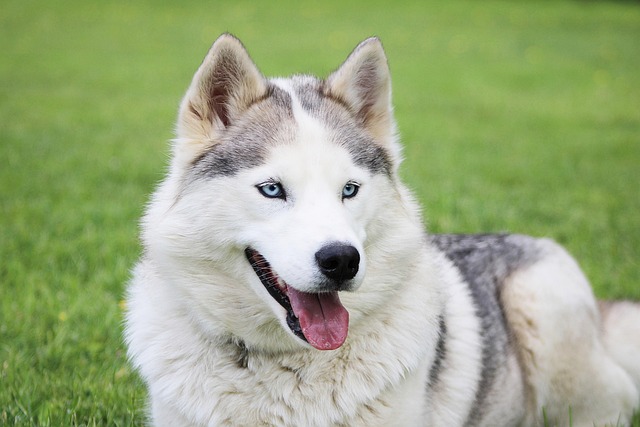
Husky puppies are little bundles of energy with a metabolism that burns through calories like a sled racing across snow. Their bodies need specific nutrients to support that nonstop activity, growing muscles, and thick double coats.
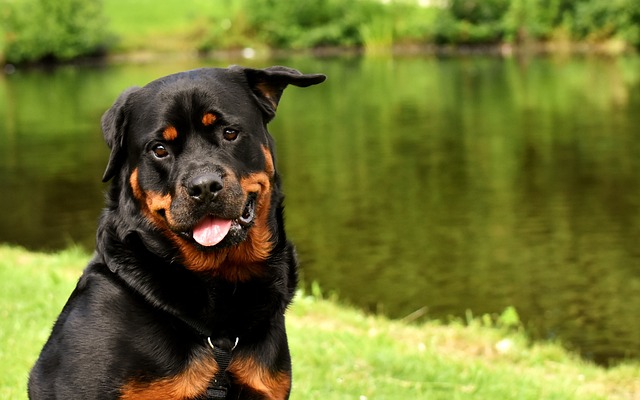
Does brushing a dog help with dandruff? If you’re a new dog parent in the US, you’ve probably stared at the white flakes on your couch, then at your pup’s brush
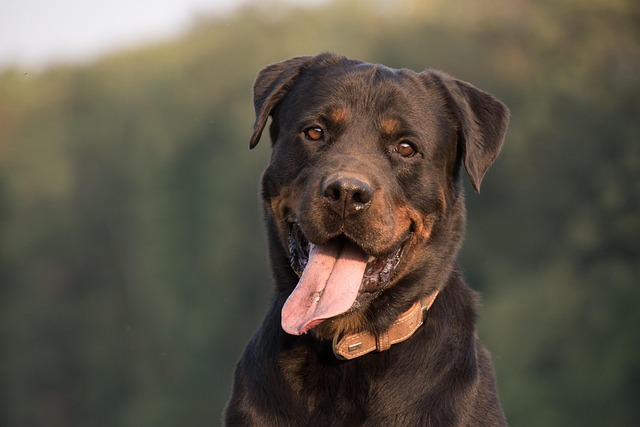
How to tell if a dog has dandruff or mites? If you’re a new dog parent in the US, you’ve likely leaned in to brush your pup and noticed small white flakes in their fur
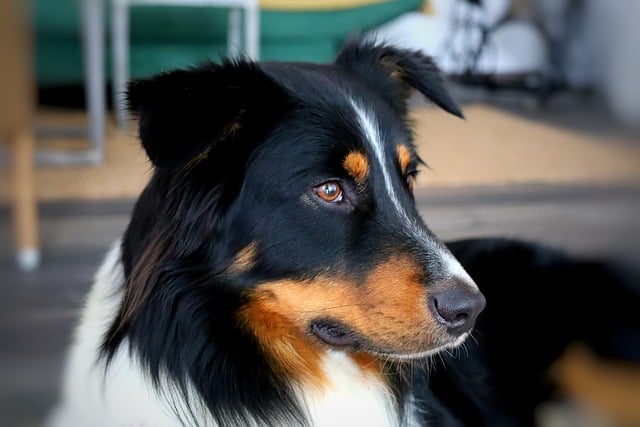
What food causes dandruff in dogs? If you’re a new dog parent in the US, you’ve probably brushed your pup and noticed a snowfall of white flakes